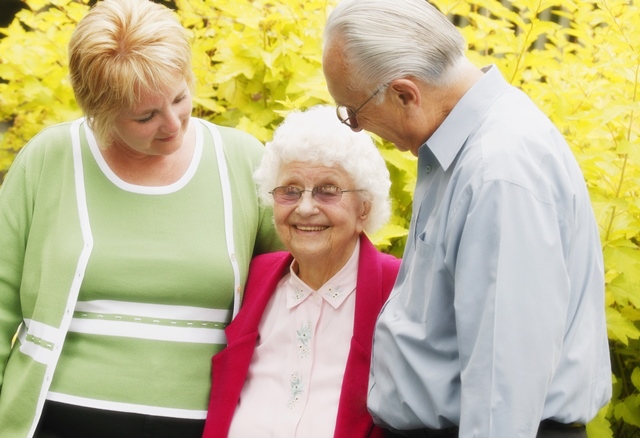Assisted Living Vs. Personal Care
What’s the difference between assisted living residences and personal care facilities in PA?
For many years in Pennsylvania, there really was no difference between assisted living and personal care. They were essentially synonymous, interchangeable terms. However, most facilities referred to themselves as “assisted living” rather than a “personal care home” because it sounded more pleasant and inviting. But if you asked to see their provider license issued by the Department of Public Welfare (DPW), every single provider in PA would have handed you a piece of paper that clearly stated they were a Personal Care Home.
That all changed in January 2011. That’s when the Pennsylvania DPW Office of Long-Term Living began to license Assisted Living Residences (ALR) separately from Personal Care Homes (PCH). However, many consumers—and even healthcare professionals—aren’t aware of or don’t fully understand the difference between personal care and assisted living. And because the differences are not very discernible, it is quite confusing to many people.

To learn more about the Personal Care services at Messiah Lifeways, contact us or call us at 717.790.8201 to learn more about Enhanced Living Personal Care at Messiah Village. Our caring, supportive staff would be happy to discuss our services further!
What’s the difference between assisted living and personal care in PA? Listen to our Coach’s Corner podcast to hear our Messiah Lifeways Coach explain!
So Why the Change?
Specific Differences Between Personal Care and Assisted Living

Personal Care vs. Assisted Living: The Current Outlook
For more information on this topic, please visit the Pennsylvania Department of Human Services website: https://dhs.pa.gov/
For more details on Assisted Living versus Personal Care in PA, listen to the Coach’s Corner podcast, to get all the details you need on Assisted Living Facilities and Personal Care Facilities. And if you’re asking yourself, “What is a personal care home?”, visit our blog to see what services personal care facilities typically include.